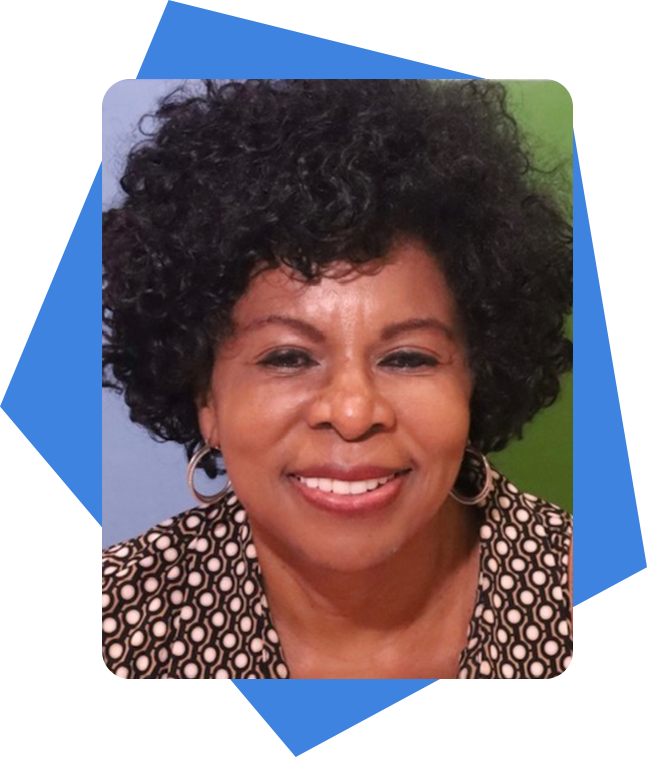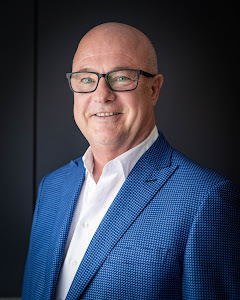In 2023, about 105,000 Americans died from drug overdoses. That equals roughly 287 deaths each day. We cannot ignore numbers like that, because waiting can cost lives.
However, relapse after a quit attempt is common, and it does not mean failure. Treatment helps people return to health, even after slips. We have seen that steady care and support make change stick. NIDA notes that relapse rates for substance use are similar to those of other chronic illnesses. Therefore, continued care matters.
We often ask where to start, and an addiction treatment center Fresno can anchor that first step with structure and support. Then we can move from fear to a plan. Moreover, we can use data and compassion together. Because evidence-based care works, we lean on it. Still, quick action keeps risks lower. Consequently, we encourage readers to check these eight signs today.
Loss of control keeps returning to the Addiction Treatment Center
When use feels bigger than us, it’s a warning sign. Yet many of us wait, hoping willpower will win. Instead, we can spot patterns early and act.
- Can’t cut down despite plans.
- Spend more time using or recovering.
- Cravings crowd out normal life.
- Duties at home or school slip.
- Risky situations become routine.
Also, the more these signs stack up, the more likely we are to need care. Because daily life suffers, small issues turn big. SAMHSA points to lasting mood or behavior changes that hinder work, school, or relationships as cues to seek help. Therefore, we don’t have to hit “rock bottom” to reach out. We can choose help as soon as control slips, and we can choose it before harm grows.
Health scares and overdose risks rise
Our bodies often signal trouble before we admit it. We might notice weight shifts, sleep swings, infections, or untreated injuries. Because substances stress organs, small problems can snowball. Moreover, overdose remains a daily risk across the U.S. Public health data shows deaths stayed high in 2023, which reminds us to act fast and smart.
We also watch for health issues that travel with substance use, including HIV, hepatitis C, and chronic pain. Those conditions can tangle treatment and recovery, so coordinated care matters. We discuss medical options early, and the rehabilitation centre Fresno can align primary care with addiction care. Then we can manage prescriptions, labs, and follow-ups together. Because safety comes first, we favor medically supervised detox when needed. Still, after detox, ongoing therapy and support keep progress steady. Therefore, we connect health dots, not just addiction dots.
Work, school, and home start to slide
When substances interfere with daily roles, the costs add up fast. Therefore, tracking performance and attendance helps us spot trouble early. Because stress can trigger more use, we also reduce triggers and add structure.
- Missed shifts, late arrivals, or write-ups grow common.
- Grades fall or projects stall without reason.
- Bills stack up, while chores and caregiving slip.
- Accidents or safety issues appear more often.
Also, these issues often mirror SAMHSA’s guidance on when to seek help for drugs or alcohol. So we take them as real signals, not minor blips.
We can steady the slide with counseling, leave options, and a return-to-work plan. Furthermore, case management links us to benefits and legal protections when available. We often coordinate with HR or schools, and the addiction treatment center Fresno helps us build a schedule that fits treatment, classes, and family needs.
Withdrawal and tolerance keep getting worse
Our bodies adapt to substances. Then we need more to feel the same effect. Yet more use brings more risk. Because withdrawal can be dangerous with some drugs, medical input is key.
- Shakes, sweats, nausea, or poor sleep after stopping.
- Needing higher amounts for the same buzz.
- Using “just to feel normal” most mornings.
- Fear of quitting due to past rough symptoms.
Cleveland Clinic explains that substance use disorder is treatable and that alcohol, opioids, and other drugs often drive these patterns. Therefore, medical help matters, especially when symptoms scare us.
We discuss detox settings, meds for craving relief, and follow-up therapy. Then we map triggers and stress. When we look for options, an alcohol addiction treatment center near me can also appear in search results that guide local care pathways. Still, we confirm licensing and services before we book.
Relationships fray, and isolation grows
Loved ones notice before we do, and we may pull back to hide use. However, secretive habits often deepen shame and delay care. Because connection helps recovery, we treat isolation as a major sign. SAMHSA flags relationship damage as a cue to seek help, so we listen when family speaks up.
We invite partners or relatives to sessions when helpful. Moreover, we set simple boundaries and safety plans. Then we practice honest check-ins to rebuild trust step by step. We also add peer support while therapy handles conflict and communication skills. Our focus stays on progress, not blame. We keep plans realistic and flexible. When we build that net, the addiction treatment center Fresno can coordinate counseling, groups, and family meetings in one place. Because change takes time, small wins matter. Therefore, we celebrate every good week.
Anxiety, depression, or trauma worsen
Mental health shifts can drive substance use, and substance use can worsen mental health. NIDA reports that anxiety, depression, PTSD, and other conditions often co-occur with substance use disorders. Therefore, integrated care helps both sides at once.
- Screen for mood swings, panic, or trauma reminders.
- Ask about sleep, appetite, and thoughts of self-harm.
- Consider meds plus therapy when symptoms persist.
- Link to crisis lines and urgent supports as needed.
Also, NIMH suggests talking to a primary care provider for referrals and next steps. Because many people face both issues, combined treatment brings better results.
We use warm handoffs and regular check-ins. Then we adapt plans when symptoms flare. Meanwhile, the rehabilitation centre Fresno can coordinate psychiatry and therapy with recovery groups, which keeps care aligned and steady.
Legal or money trouble, and the relapse loop
DUIs, arrests, or debt pileups mark urgent risk. But we can still change course with swift help. Also, relapse after a quit attempt is common, with rates similar to other chronic illnesses. That fact reframes slips as signals to adjust care, not quit trying.
We review legal options, driver safety classes, and budgeting help. Then we add relapse-prevention skills: trigger mapping, coping plans, meds for craving, and recovery peers. Because steady support cuts risk, we value aftercare. We set the next right step with the addiction treatment center Fresno, while hope is fresh. Finally, we welcome calls to A New Awakening of The San Joaquin for guidance and local next steps.



